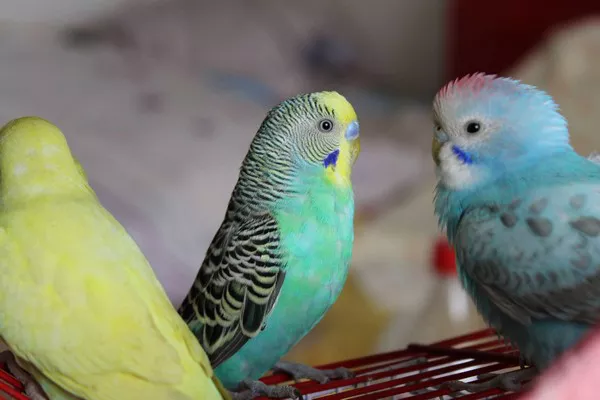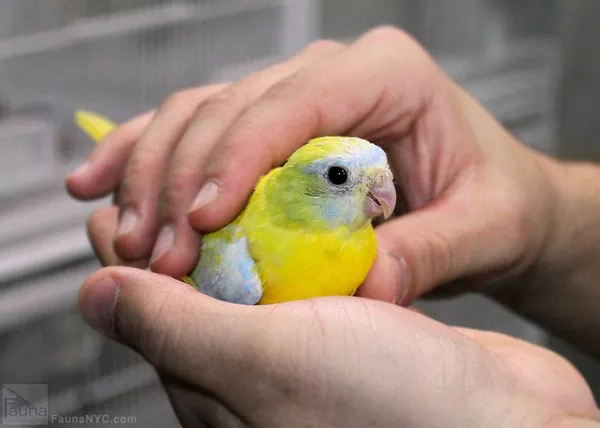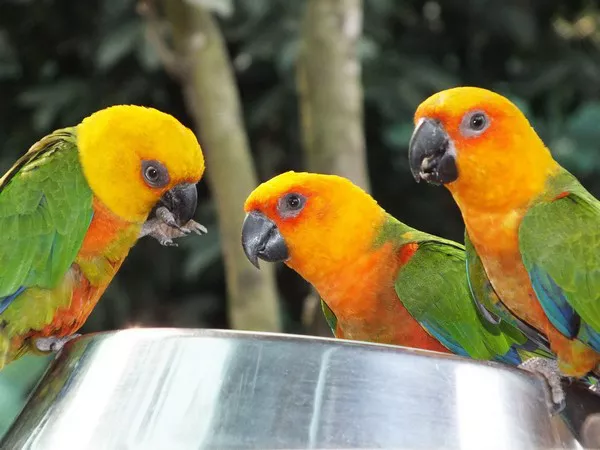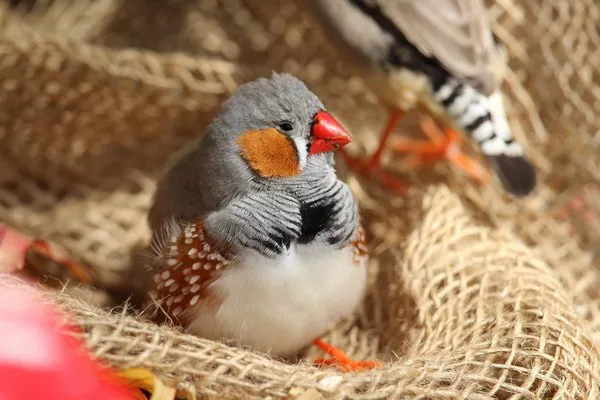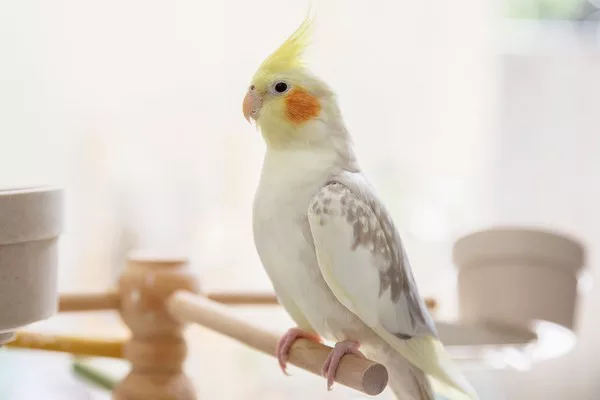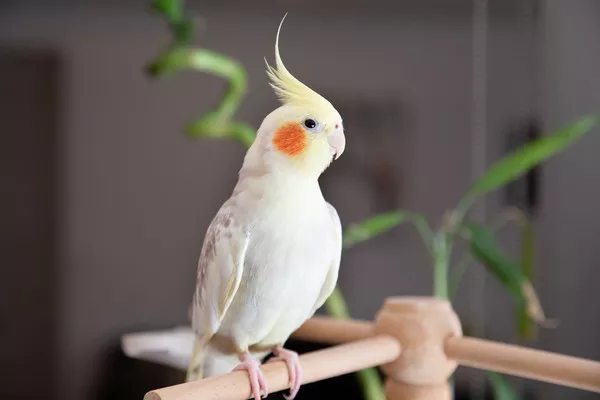African Grey Parrots, scientifically known as Psittacus erithacus, are renowned for their remarkable intelligence and captivating personalities. One intriguing aspect of their biology that often raises questions among parrot enthusiasts is their ability to lay eggs without mating. In this article, we will explore the phenomenon of African Grey Parrots laying eggs without a mate and shed light on the factors that contribute to this behavior.
Understanding Parrot Reproduction
Before delving into the specifics of African Grey Parrots, it’s essential to understand the basics of parrot reproduction. Like all birds, female parrots have reproductive systems designed for laying eggs. This includes ovaries, where eggs develop, and a uterus (shell gland) where eggs receive their hard calcium carbonate shell just before being laid. Males have testes responsible for producing sperm.
The Role of Hormones
In female African Grey Parrots, the process of egg formation is primarily regulated by hormones. Under the influence of certain hormonal changes triggered by environmental factors, particularly light cycles and seasonal changes, a female parrot’s body may prepare to lay eggs. These hormonal shifts can lead to the development and release of eggs, even in the absence of mating.
Factors Contributing to Egg Laying Without Mating
Photoperiod and Environmental Cues: African Grey Parrots are sensitive to changes in daylight duration. An extended period of light can mimic the onset of the breeding season, leading to increased hormone production and potential egg-laying behavior.
Diet and Nutrition: Adequate nutrition, including a calcium-rich diet, is crucial for a parrot’s reproductive health. Insufficient calcium levels can lead to complications during egg laying, including soft-shell eggs.
Social and Psychological Factors: The presence of a mate or the absence of a mate can influence a female parrot’s decision to lay eggs. Loneliness, stress, or even strong social bonds with their human caregivers can trigger egg-laying behavior.
Age and Individual Variability: Young female African Grey Parrots may be more prone to laying eggs without mating as their reproductive systems mature. Additionally, individual parrots have unique personalities and may exhibit varying degrees of hormonal response.
Risks and Concerns
While it is possible for African Grey Parrots to lay eggs without mating, this behavior can pose potential health risks to the birds. Excessive egg laying can deplete their calcium reserves, leading to weakened bones and other health complications. It is essential for parrot owners to monitor their birds closely and seek veterinary care if they notice any signs of egg-laying distress, such as straining, lethargy, or the passing of soft eggs.
Conclusion
In conclusion, African Grey Parrots, like many other parrot species, can lay eggs without mating due to hormonal and environmental factors. While this behavior is a natural part of their biology, it can carry health risks, especially if it becomes excessive. Parrot owners should be attentive to their birds’ well-being, provide proper nutrition, and create a stable and supportive environment to minimize the chances of unwanted egg-laying behavior. Consulting with an avian veterinarian is advisable for guidance on managing and preventing potential reproductive issues in African Grey Parrots.
Recommended reading:

